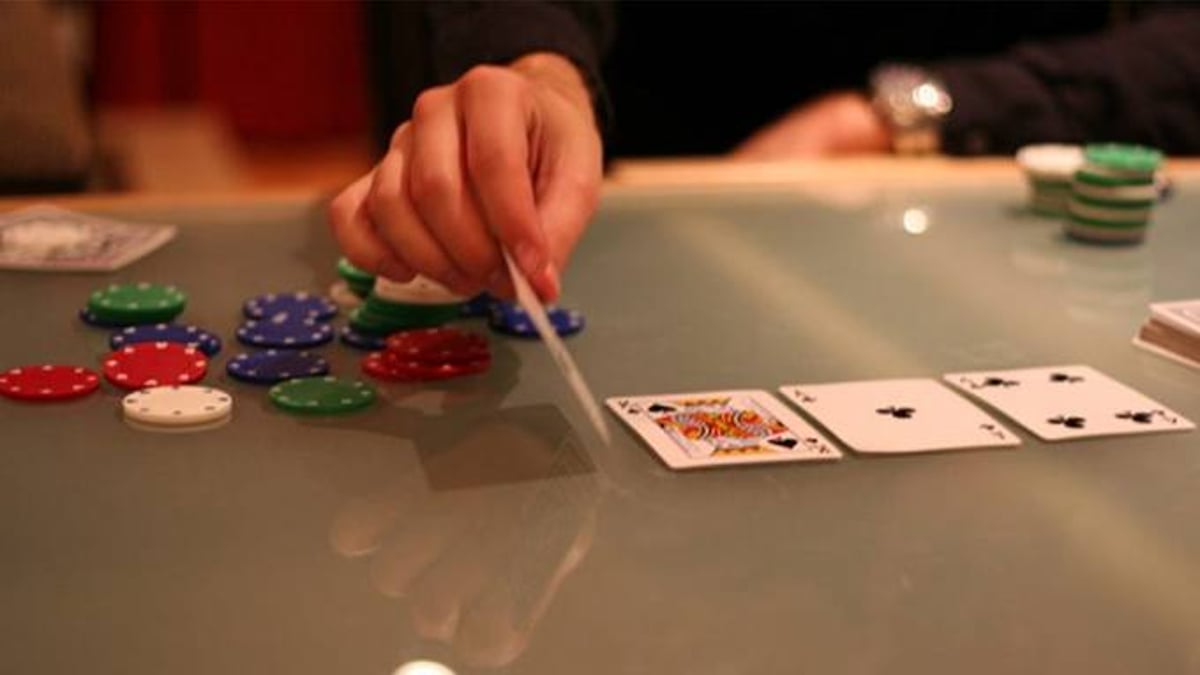Poker Basics: Playing the Turn and the River

When picking up the basics of online poker, you probably started with a strategy for the pre-flop and flop stages of the game. Now it's time to turn your attention to the next two rounds of betting: the turn and the river.
What Are the Turn and the River?
The turn is so called because of its ability to turn the luck of the hand, while the river can sell you down the river. In Texas Hold 'em poker, the turn is sometimes referred to as 'fourth street' because it is the fourth community card to be dealt, and likewise the river can be referred to as 'fifth street'.
In poker, it's crucial to have a clear strategy for each stage of a hand, and to use the knowledge you've picked up during previous rounds. When players arrive at the turn, the pot has usually grown from the pre-flop and flop rounds to a point at which they will now be deciding whether or not to commit to the hand. By the time a player has made it to the river, they'll know what hand they have as there are no further cards to come, and the remaining players will have a better idea of what their opponents are holding.
Here are our picks for the top real money mobile poker apps in New Zealand
Playing the Turn
Things can start to get a little more complicated when it comes to the turn. How you should play depends on a number of different factors, including the pre- and post-flop betting, your hand, the turn card and the number of opponents.
Before putting more money in the pot, you should ask yourself a simple question: is it worth your while to see these last two community cards? Generally, you should only carry on betting if you think that you hold the best hand, or if you are one card short. Novice players often make the mistake of playing on with a mediocre hand and hoping for the best. This isn't a solid strategy to follow and can end up costing you money, so never be afraid to let a hand go and fold if the odds are against you.
Reading your opponents is vital to turn strategy, just as it is throughout the game of poker. For example, if you're continuing with a strong hand, you will be looking to continue the betting and extract as much money as possible before the river. However, if an opponent raises a bet, it probably means that they have a stronger hand, and you should fold. Similarly, if you called on the flop with a mediocre hand then you should fold if your opponent continues to show strength, and bet if they check.
If the turn card doesn't improve your hand, then you need to weigh up the pot odds against the chances of you getting the card you need on the river. Unless the odds are very good, it is probably time to fold. Don't feel like you have to call bets on the turn.
Playing the River
Strategy for the river is a bit more straightforward than on the turn, because you know what you've got and you should have some idea of the sort of hands that your opponents are holding. How you play depends on your position on the river, though. Playing last (or 'in position') gives you a significant advantage because you can assess what your opponents do before making your move, whereas if you're first ('out of position') you have to predict what they will do.
If you're confident that you have the best hand and are in position, you are well placed to make big bets to try and maximise your winnings. If you're out of position, you can also bet if you feel that your opponent has a decent hand – but if you sense that they have a weak hand, it may be better to check and push them into making a bluff.
If you think you have the worst hand, your wisest option in most cases will be to fold, regardless of position – only bluff if you are reasonably certain it will be successful.
You should never bet on the river if you're unsure whether you have the best hand. You will only get calls from a better hand and folds from a worse hand, so there's nothing to be gained. If you're in position, your two options are to call or to check and turn the cards over, whereas if you're out of position you have a choice between calling or folding. There are no hard and fast rules for these situations – the more experienced you become, the better your judgement will be.
To use our tips to practise your turn and river strategy online, visit William Hill Poker today!
Stay In The Loop With New Casino Sites & Offers!
Free Spins. Exclusive Bonuses. Sent Weekly.








